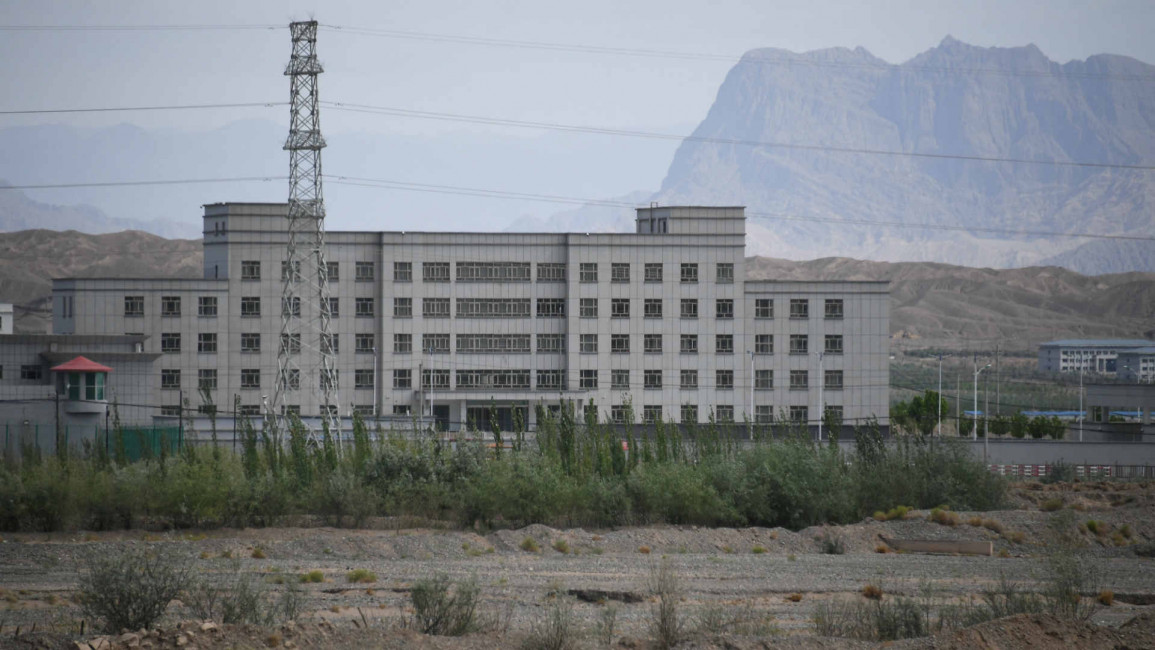China vows to shield firms from US sanctions over mass detention, repression of Muslim minorities
The US Department of Commerce announced the sanctions on Friday, saying they were triggered by human rights abuses against Uighurs and other Muslim-majority minority groups in Xinjiang.
Human rights organisations and Western governments have accused China of the detention of at least one million Uighur and other Muslim majorities, as well as cultivating a repressive surveillance system targeting residents of the northwestern region.
China claims that the detainees are voluntarily living in "re-education camps" designed to steer Xinjiang residents away from the influence of Islamic extremism and separatist ideology.
Beijing urged Washington to reverse the decision, saying the Commerce Department had "stretched the concept of national security" to "meddle in China's affairs and harm China's interests".
Read more: How coronavirus presented China with a dream opportunity for surveillance
"China will take all necessary measures to protect the legal rights and interests of Chinese companies," foreign ministry spokesman Zhao Lijian said at a regular press briefing.
The Commerce Department said the nine parties were "complicit in human rights violations and abuses committed in China's campaign of repression, mass arbitrary detention, forced labour and high-technology surveillance against Uighurs, ethnic Kazakhs" and other Muslim minority groups in Xinjiang.
|
|
All nine are now subject to restrictions on exports from the US, the department added.
Washington has been increasingly active in its criticism of China's treatment of ethnic minorities in Xinjiang, and in October blacklisted 28 entities involved in alleged rights violation there.
The US House of Representatives and Senate are yet to reconcile similar acts approved last year that would seek sanctions on officials over abuses, and restrict exports of surveillance gear and other equipment seen as assisting in repression in Xinjiang.
Uighur activists say China is conducting a massive brainwashing campaign aimed at eradicating their distinct culture and Muslim identity.
Tensions are also growing between the world's two largest economies after President Donald Trump accused China of misleading the world on the origins of the coronavirus, which first emerged in the Chinese city of Wuhan.
Beijing has furiously denied the allegation, and its foreign minister Wang Yi said on Sunday that Washington was pushing both sides to "the brink of a new Cold War".
Follow us on Facebook, Twitter and Instagram to stay connected



